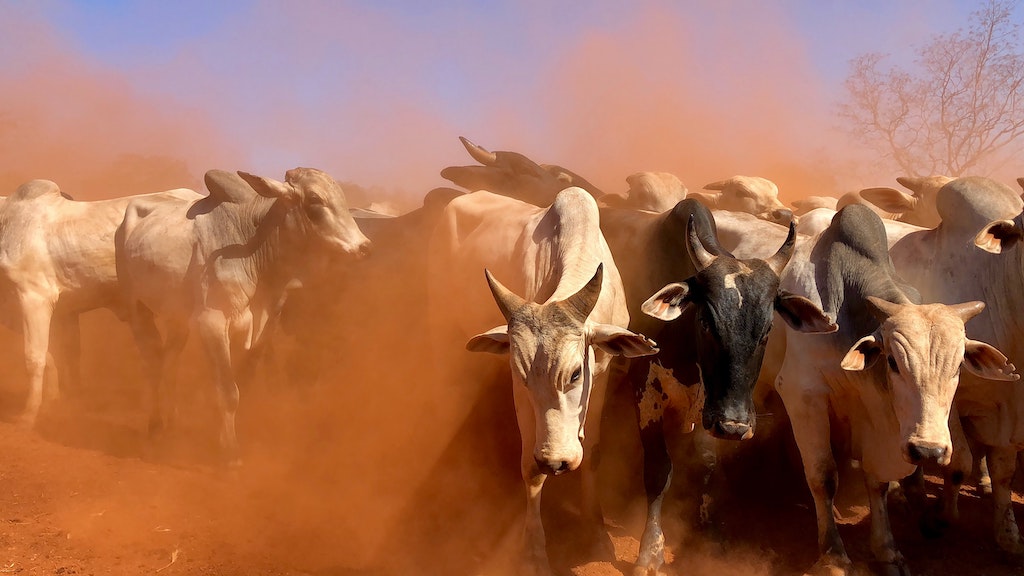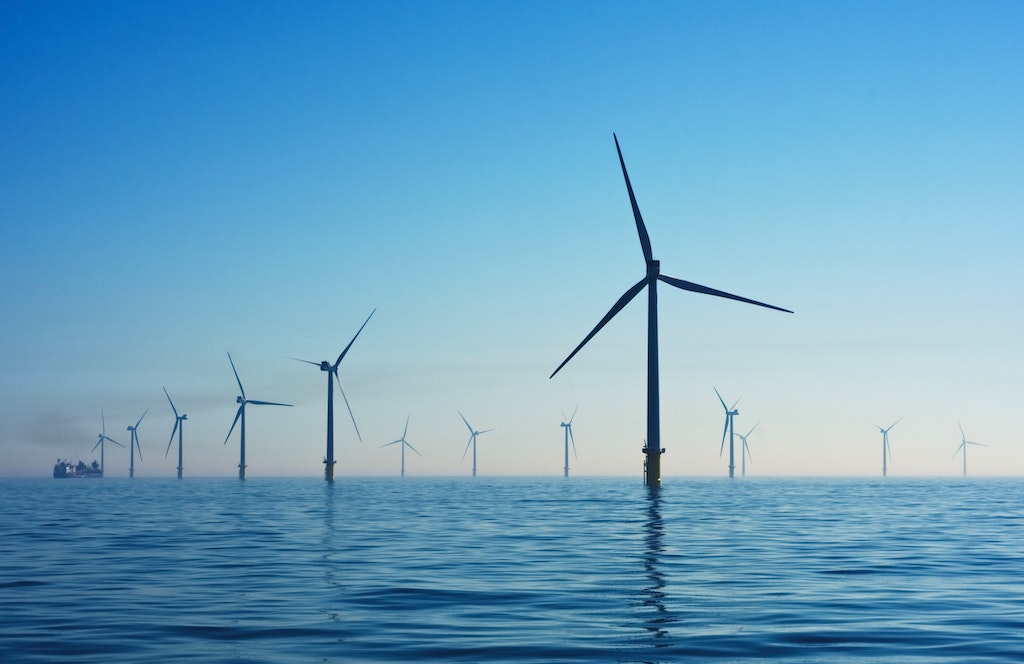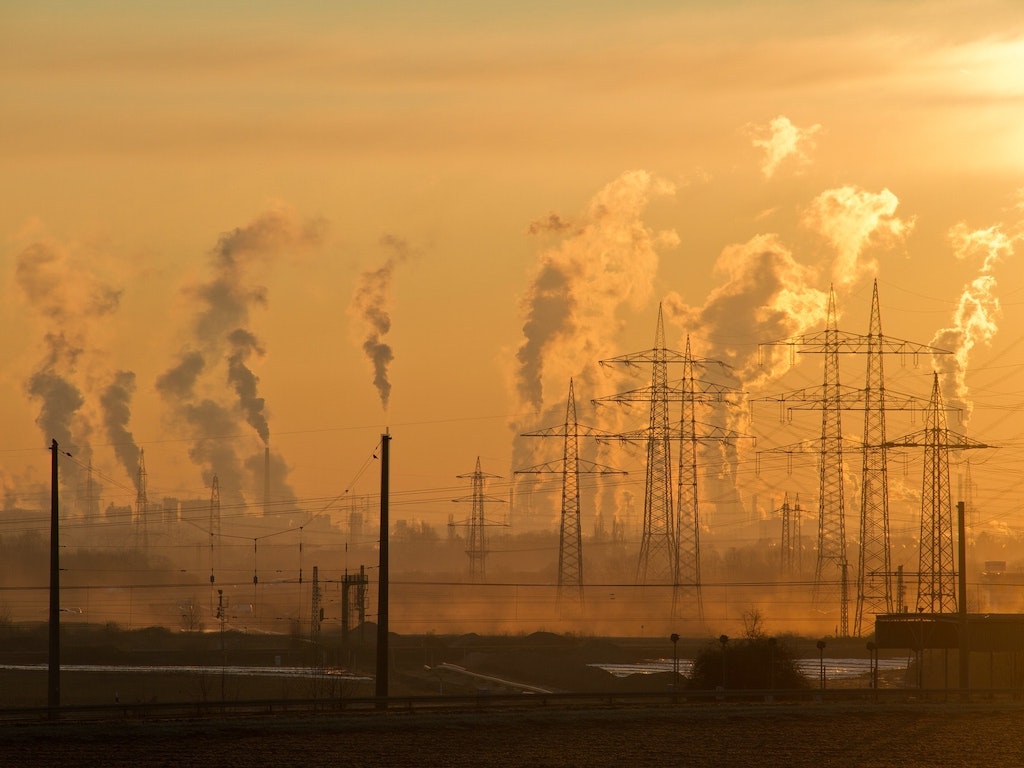4 Mins Read
Just days ahead of COP26, leaked documents reveal how big polluter countries have been lobbying against climate action and are seeking to water down a landmark UN IPCC report. Countries involved range from major oil and coal-rich nations like Saudi Arabia and Australia to big beef producing countries such as Brazil and Argentina.
Leaked files have exposed how large fossil fuel nations and meat producing countries are actively lobbying against climate action that would threaten their domestic interests. Brazil, Australia, Argentina, Saudi Arabia, Japan and OPEC are among some of the nations that are attempting to water down a key UN scientific assessment published by the IPCC.
It comes just days before world leaders are set to convene next month in Glasgow for COP26, the climate conference where countries will be asked to make significant national contributions to cut their emissions and keep temperature rise to no more than 1.5 degrees Celsius.
Read: No time left for ‘incremental’ climate action, leaked IPCC report warns
Fossil fuels

Saudi Arabia, Japan and Australia are among some of the countries asking the UN to weaken its statements urging the global economy to rapidly phase out fossil fuels. This was revealed in the documents which contained more than 32,000 submissions made to the IPCC, the UN’s scientific body on climate change.
OPEC, the organisation of oil-rich nations, was also among those lobbying the IPCC to remove or water down a key conclusion that fossil fuels must be halted and the world must transition to clean energy to meet its climate goals.
One advisor to the Saudi oil ministry said: “phrases like ‘the need for urgent and accelerated mitigation actions at all scales…’ should be eliminated from the report”. The country also requested the UN scientists remove their conclusion that “the focus of decarbonisation efforts in the energy systems sector needs to be on rapidly shifting to zero-carbon sources and actively phasing out fossil fuels”.
Another senior Australian official rejected the scientific finding that coal-fired power plants must be closed down. While Saudi Arabia is the world’s biggest oil producer, Australia is a major exporter of coal.
Animal agriculture

On the other hand, major meat producers such as Brazil and Argentina have lobbied the UN to remove their statements on the need to transition to plant-based diets and the damaging impacts of animal agriculture. The two countries represent the world’s largest producers of beef and animal feed, industries that not only contribute around 18% of global GHG emissions but have been key drivers of biodiversity loss and damage from deliberate deforestation.
The IPCC’s draft report concludes that “plant-based diets can reduce greenhouse gas emissions by up to 50% compared to the average emission intensive Western diet”—a statement that Brazil argues is not accurate.
Both Brazil and Argentina urged IPCC scientists to delete passages that refer to plant-based diets as a route to curb emissions, and to remove altogether the description of beef as a “high carbon food”. Recommendations such as taxes on red meat and references to the global Meatless Monday initiative were also lobbied for removal by the countries.
Read: 5 meat and dairy firms responsible for more emissions than big oil

Climate action support for poorer nations
Some comments were also made to the IPCC to change their stance on the need for richer nations to support climate action efforts in smaller, developing countries. Switzerland, for instance, wanted to amend parts of the report that said developing countries should get financial support to help bring in green technologies to reduce emissions.
It was previously agreed in Copenhagen, where COP15 took place in 2009, that richer countries would finance $100 billion a year for developing countries’ climate efforts by 2020. This target has yet to be met in 2021.
All images courtesy of Unsplash.




